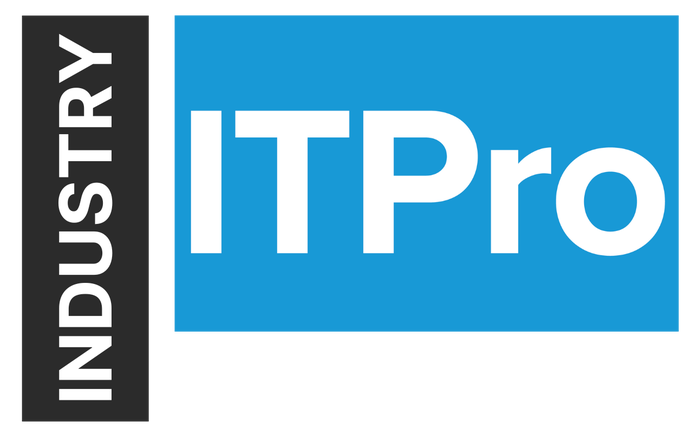
Insight and analysis on the information technology space from industry thought leaders.
How Employers Can Help Veterans Advance in Their CareersHow Employers Can Help Veterans Advance in Their Careers
Veterans face unique challenges transitioning to civilian careers in the digital age. Here's how employers can enhance their career success.
November 11, 2024

By Eric Ryan
Veterans bring valuable skills to the workplace once they transition from military to civilian work, including leadership, integrity, problem-solving, teamwork, discipline, and adaptability. The 2024 University of Phoenix Career Institute® Career Optimism Index® study found that most veterans (87%) agree they have a strong skillset to be successful in their career beyond military life.
However, this important group of workers also face unique challenges in the digital age. About half (43%) worry that their job skills will become outdated because of advancements in technology (e.g., AI, automation), and many (75%) say they need to continue learning new skills, including tech skills, to stay ahead in their career.
Veterans' concerns mostly reflect those of everyone in the workforce overall. Like most of us, they have concerns about managing work-related stress and anxiety and needing support with managing mental health and wellness — 43% of veterans say they are having a harder time managing work-related stress/anxiety now than a year ago, similar to 41% of the workforce overall, and 51% of veterans say they need some level of support with managing their mental health/wellness compared to 49% of the workforce overall.
By providing clearer and more flexible opportunities for veteran workers to advance internally, employers have the opportunity develop their dynamic talent, serving business objectives and veteran workers' career ambitions. Here are a few ways employers can help support and develop their veteran workforce in the year ahead:
Close Gaps in Awareness Around Internal Growth Opportunities: While there can be a disconnect between employer perceptions and worker realities regarding opportunities for advancement, workers who do have awareness of career support options report high levels of satisfaction with them.
Create a More Personalized Workplace Experience: Workers benefit from enhanced job performance and career advancement when their workplace experience is highly tailored to the ways they want to work and learn. Our study found that 66% of veterans agree more flexible working opportunities would help improve their mental health, and 69% of the overall workforce agrees.
Offer Upskilling Opportunities: Providing upskilling opportunities is especially important when it comes to learning new skills related to AI and advanced technologies. Workers can leverage those skills to grow with the company, instead of fearing these technological advancements.
Foster Workplace Wellness: Employers can take advantage of available resources designed for employers. The national organization Give an Hour worked closely with employers including University of Phoenix, Amazon, Booz Allen, the U.S. Chamber of Commerce, Hiring our Heroes, CVS Health, Magellan Federal, Transcend, R.E.A.L. Therapy Solutions, and VFW to develop a tool, the Veteran Workplace Optimization Roadmap. This Roadmap offers an individualized approach to understanding veteran skills and needs, guidance on HR practices, and fostering workplace wellness. Employers can use the roadmap as a guiding compass to support service members while improving workplace mental wellness for the entire workforce. Learn more at https://giveanhour.org/veteranworkforce/.
About the author:
Eric Ryan is a Marine Corps veteran and Senior Director of Military Operations at the University of Phoenix.
About the Author
You May Also Like








.jpg?width=700&auto=webp&quality=80&disable=upscale)
